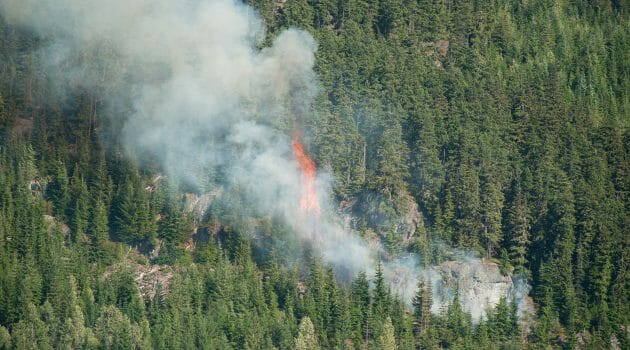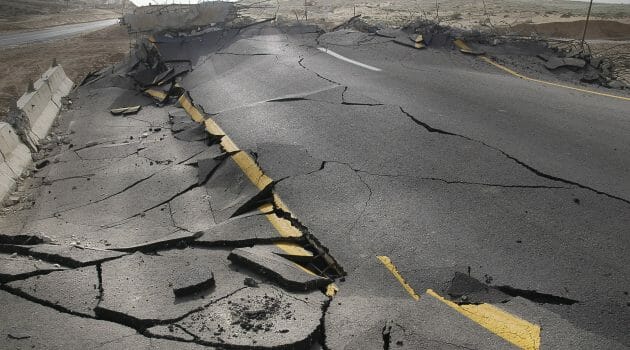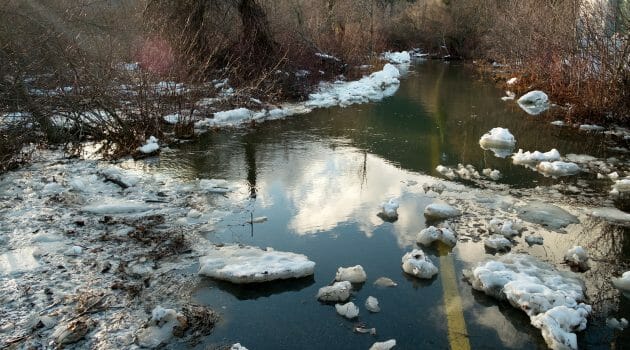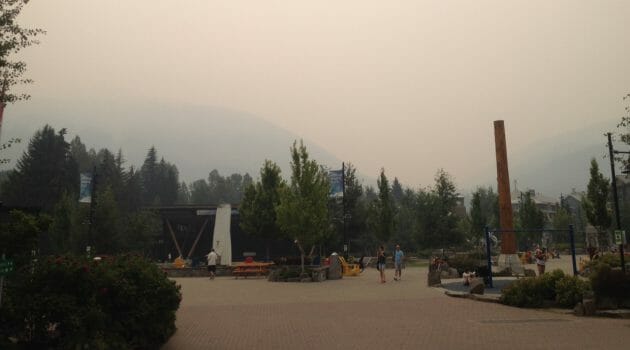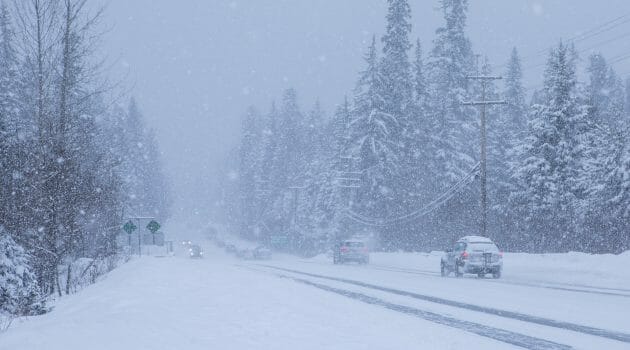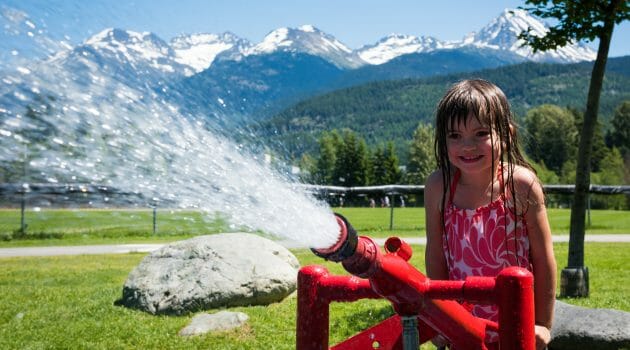Earthquakes, floods, and wildfires are just some of the potential hazards in Whistler.
The RMOW has completed a Hazard, Risk, and Vulnerability Assessment (HRVA) to help community members understand what types of hazards could threaten our community. Familiarize yourself with all of Whistler’s 32 hazards, including the ones that could impact your neighbourhood.
The Hazard, Risk, and Vulnerability Assessment considers:
- The hazards that could pose a risk to Whistler;
- The level of impact each hazard may present; and
- The likelihood of various emergency events occurring.
Find information about how to prepare and respond to Whistler’s hazards:
Wildfire
The hazard with the greatest risk to the Whistler is wildfire, given its proximity to the forest. Find out how to prepare for, and what to do in the event of a wildfire.
Earthquake
Earthquakes in Whistler are a rare occurrence, but the community’s infrastructure is at high-risk of damage if a large earthquake was to happen. Find out what to do before, during and after an earthquake to stay safe.
Flood
Whistler’s Flood Hazard Specific Guide details the municipality’s flood forecasting and preparation tools, as well as response, once flooding is imminent or already occurring.
Wildfire smoke
Whistler may experience periods of poor air quality as a result of forest fire smoke from forest fires or wildfires nearby and from other regions. Find out how to prepare for a smoky summer before the season starts.
Storms & severe weather
Whistler’s location in the mountains means that storms can happen without warning and in any season. Find out about how to prepare for severe weather, winter driving, reporting downed power lines and flooding and heating your home safely.
Extreme heat
Heat events, also known as heatwaves, are a series of days that are hotter than normal temperatures for the region. Heat events can affect anyone’s health. Find out how to prepare for extreme heat events.

